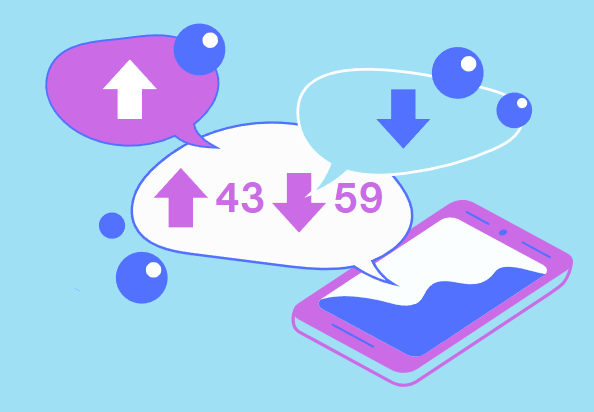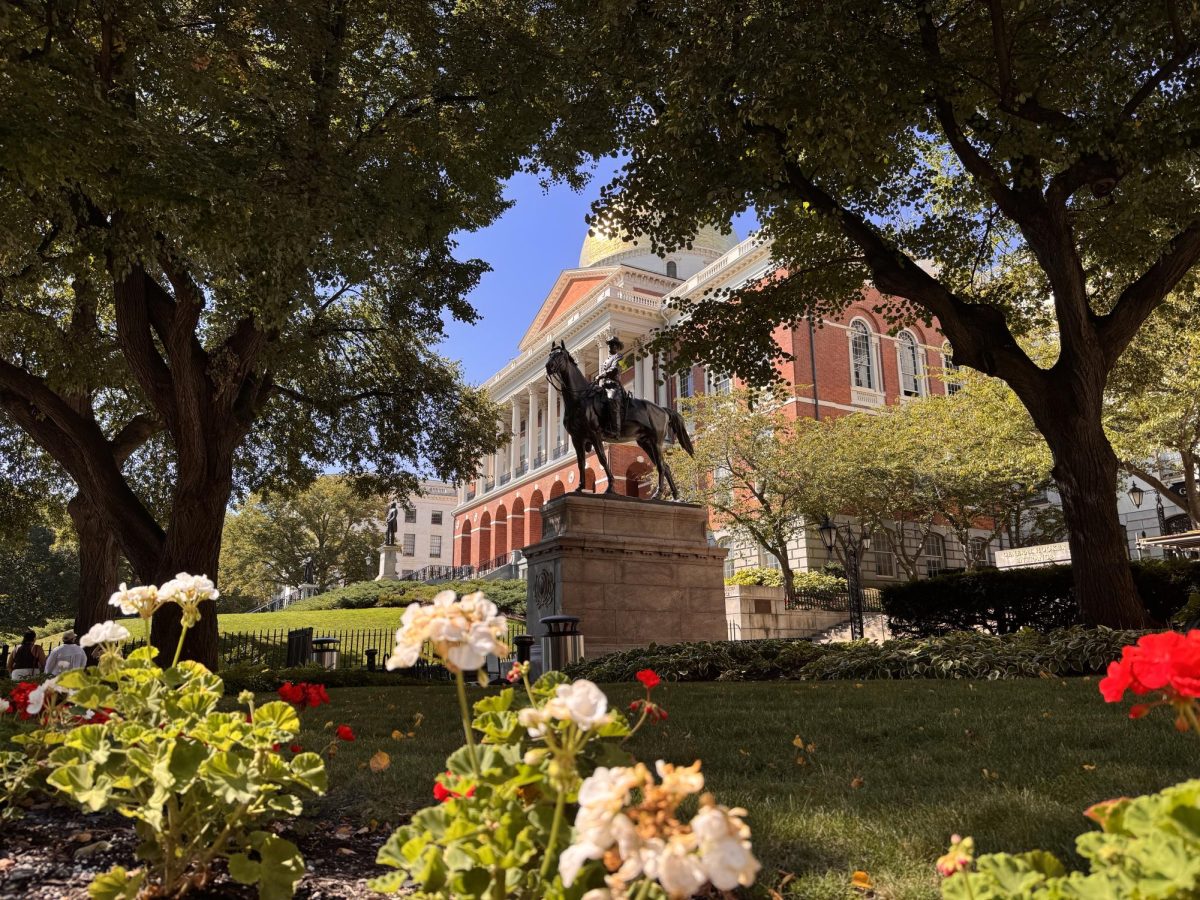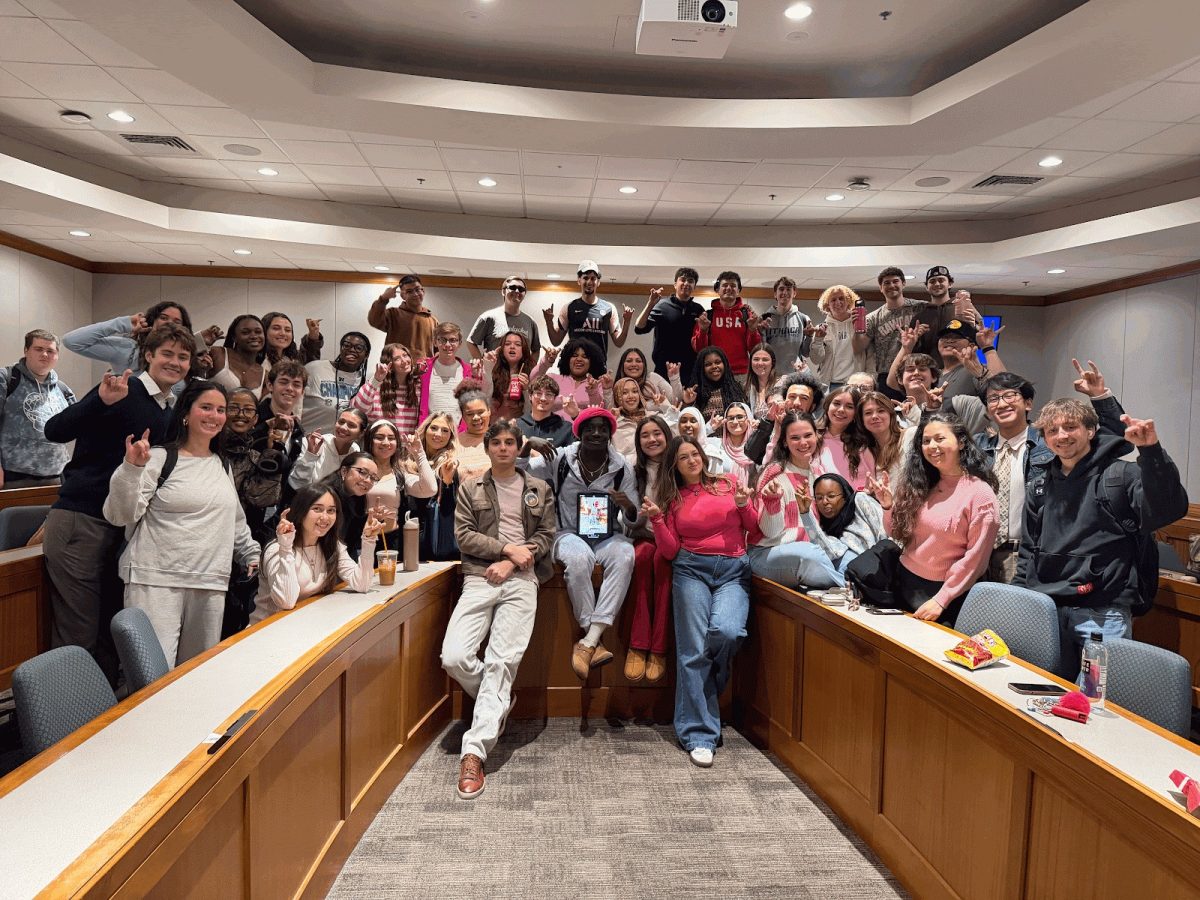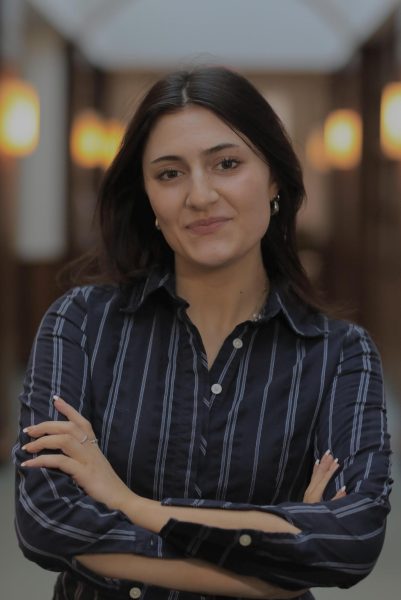The new anonymous social media app Fizz has made its way to Suffolk University students.
The presence on campus brought new users to the app and generated some buzz within the student body, with paid Fizz brand ambassadors campaigning on campus. Despite being active in many Suffolk buildings, Casey Mulcare, director of Student Leadership and Involvement, said the promotion is against campus policy.
“SLI has no involvement in the promotion of the application and has not been contacted by the students promoting it or the company. It is not a registered student group, nor a part of a class assignment. Currently, this application and those students are in violation of our solicitation policy,” said Mulcare.
Even while conflicting with SLI, the app has gained popularity amongst Suffolk Students.
Fizz was created in 2021 by Stanford University students Teddy Soloman and Ashton Cofer, in the midst of a socially isolating start to their education.
“We essentially got to Stanford and felt extremely disconnected from Stanford,” Solomon told TechCrunch in an interview.
The app is designed to have an anonymous posting center for members of specific colleges. It allows for text posts, images and polls, all conducted by members of the student body. Other members can upvote or downvote the comments.
Victoria Benson, a sophomore at Suffolk, is a Fizz ambassador on campus. Ambassadors are paid by Fizz to do app promotion. She described the app’s functionality as similar to X, formerly known as Twitter, but with restrictions as to who can join.
“In order to make an account, you have to have a Suffolk email and then you’re able to see what people at your school are posting without them having to reveal their identities or having to follow anyone,” said Benson.
Many students compared the app to YikYak, another anonymous posting app that determines the content you see based on your proximity to the person posting.
“YikYak has a lot more words and a lot fewer pictures, but the structure of content is the same,” said Emma Luden, a sophomore at Suffolk who recently learned about the app.
The content of YikYak was a primary way for students to communicate concerns on campus, make jokes and promote events.
YikYak’s popularity on college campuses was clear upon its release in 2013. With all of the excitement and engagement, it was still a platform with a consistent presence of bullying and hate speech. The app went under new management and resurfaced again with more restrictions in 2021.
“There’s definitely some inappropriate content on Fizz too, but nothing violent or hateful, just kind of PG-13,” said Olivia Messer, a sophomore at Suffolk who joined the app.
Fizz has been open about hiring moderators to avoid the problems that arose with YikYak’s content. The company hires 15 moderators for every campus that has an active Fizz page, according to TechCrunch.
Students opting to use Fizz think the unique Suffolk experience is the draw of the new app.
“…There’s actually some pretty funny content, with a lot of niche Suffolk stuff. . . The content isn’t as captivating as TikTok or Instagram, but I go on it once a day,” said Messer.
Benson also pointed out how Suffolk’s campus groups can engage with the app in a meaningful way.
“Clubs can also get verified on the app so you’re able to track reliable information from any club you want,” said Benson.
One standout aspect of the business model is employing real students from every university to do promotion for the app. Benson said her friend had mentioned the opportunity to her and she was interested.
“She had said it was ‘easy money’ and so I filled out the form to do it with her. When I filled out the form though, it said we were required to invite three more people in order to receive an ambassador position so everyone was inviting people at all times and it went from like ten people when I was invited to over 50 people in a matter of two hours,” Benson said.
Benson said the company would pay the ambassadors more if they advertised the app on their social media accounts.
The students involved are expected to work three campaigning hours on campus, encouraging students to download the app and explaining the content they can post online according to Benson. The campaign hours have been taking place on campus, with students set up at tables handing out flyers and donuts.


















